
Strengthening Science, Policy, and Community Action for a Thriving Western Indian Ocean
-
Aquaculture, fisheries and coastal agriculture
-
Coastal resilience
-
Coastal wetland conservation
-
Integrated delta management
-
Vibrant Coasts and Deltas
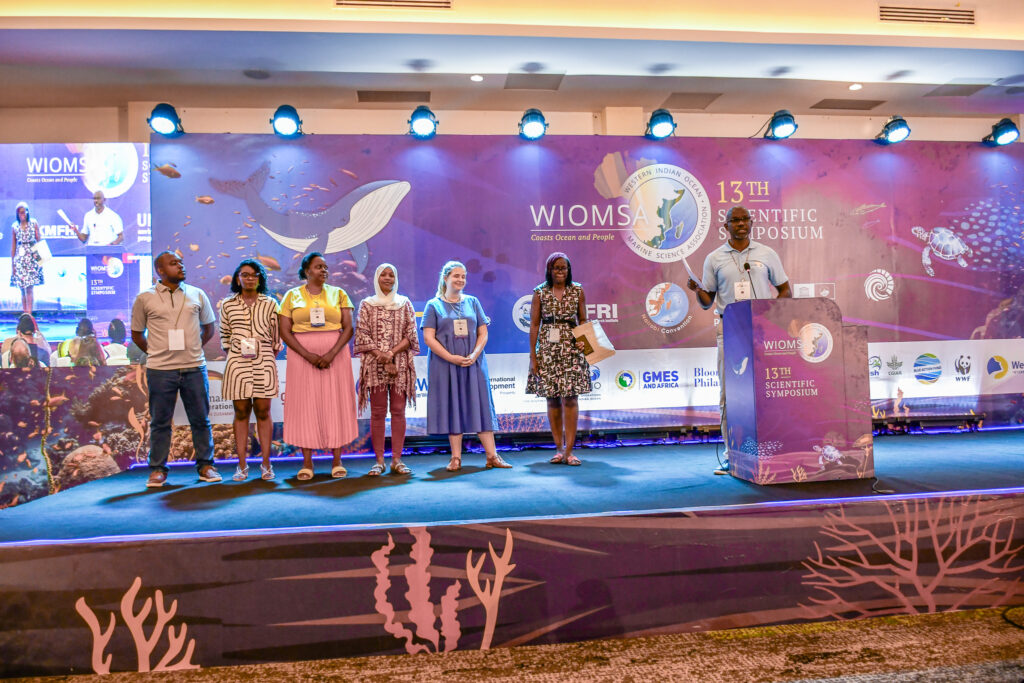
The 13th WIOMSA Scientific Symposium, held in Mombasa, Kenya, gathered hundreds of delegates under the theme “One Ocean, One Future: Connecting People, Policy, and Science for a Thriving Western Indian Ocean.” The week-long event served as a hub for collaboration, where scientists, policymakers, practitioners, and communities exchanged insights on safeguarding marine and coastal ecosystems across the region.
From plenary discussions and side events to poster presentations and book launches, the Symposium celebrated the critical link between science and practice. Conversations centred on the blue economy, nature-based solutions, and how inclusive governance and innovation can secure a sustainable ocean future.
Key Highlights from the Symposium
1. Advancing Science for Impact
Discussions on global and regional linkages set the tone early, underscoring how shared knowledge and coordinated policies are key to tackling marine challenges. Plenary speakers, including Dr. Susan Gardner (UNEP) and Prof. Shaukat Abdulrazak (Government of Kenya), reaffirmed the role of science and innovation in driving a resilient and inclusive blue economy.
2. Bridging Ecosystems and People through Research
Among the standout scientific contributions was the presentation by Ward Hagemeijer, Director of International Policy at Wetlands International. His presentation, “Enhancing the conservation of the West Asian–East African flyway and its wader populations by filling knowledge gaps,” emphasised the importance of coordinated action along migratory bird routes. He highlighted the need for science-driven, cross-regional collaboration to protect critical wetland habitats that sustain biodiversity and human livelihoods alike.
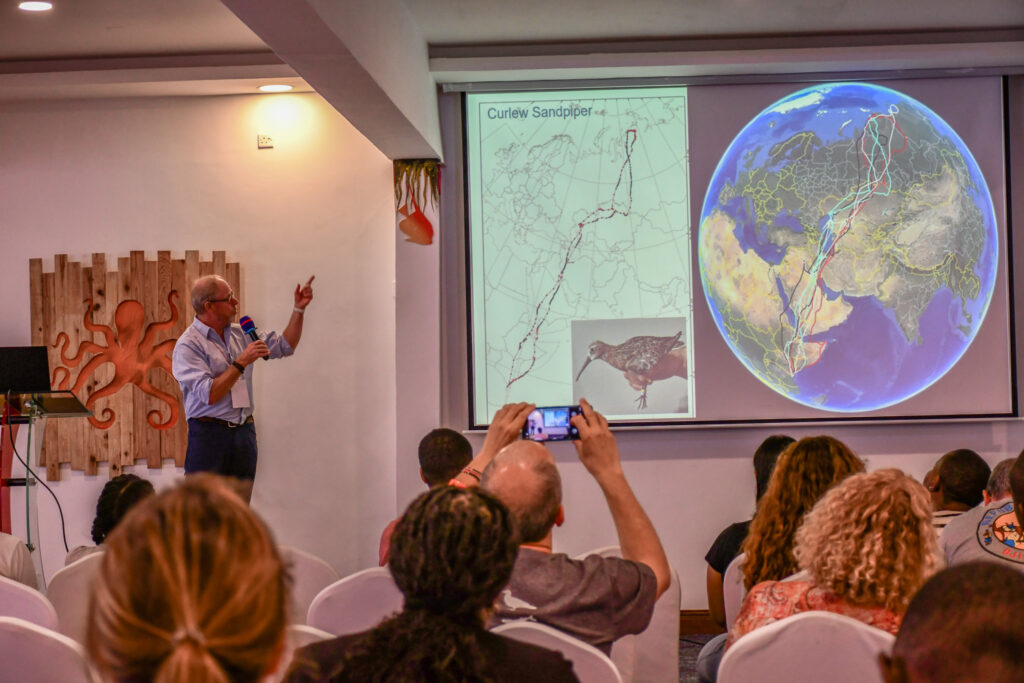
3. Wetlands International’s Role in Ocean Stewardship
Wetlands International was strongly represented throughout the Symposium. The organisation’s special session, “Co-designing Effective Methodologies in Mangrove Restoration and Conservation in the East African Coastline through Best Practices,” brought together scientists, community leaders, and policymakers to explore how technology, local stewardship, and co-creation can accelerate restoration impact.
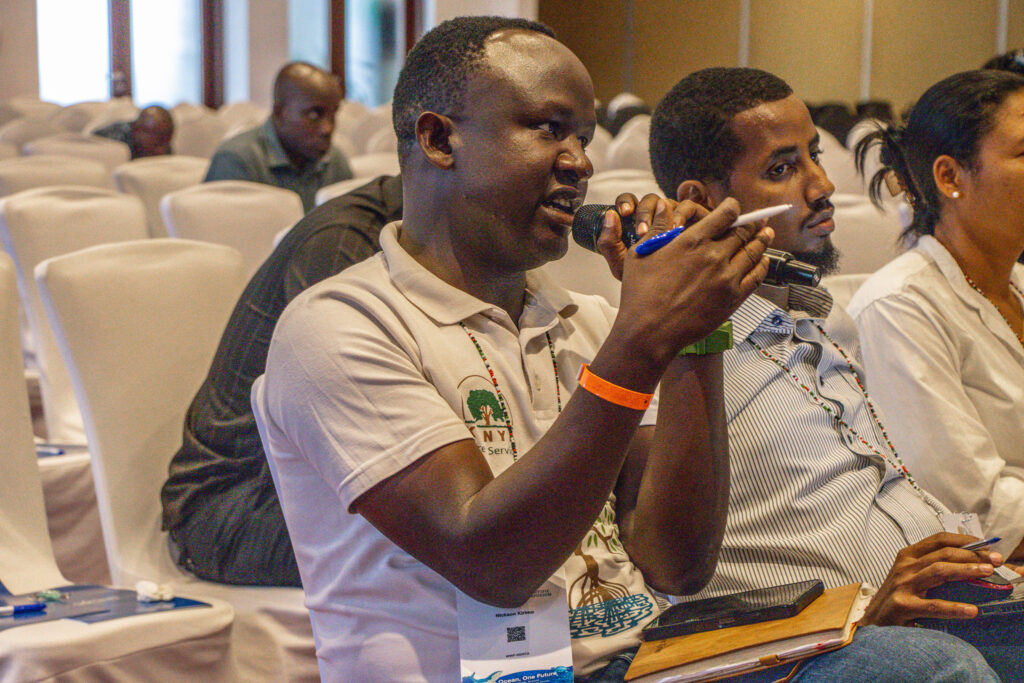
Speakers including Louisa Chinyavu, Abdul Hazeez, Eliabu Lusingu, and Edmond Kuto shared insights from Kenya and Tanzania on the Community-Based Ecological Mangrove Restoration (CBEMR) approach and demonstrated the use of digital tools such as the Global Mangrove Watch platform in evidence-based restoration.
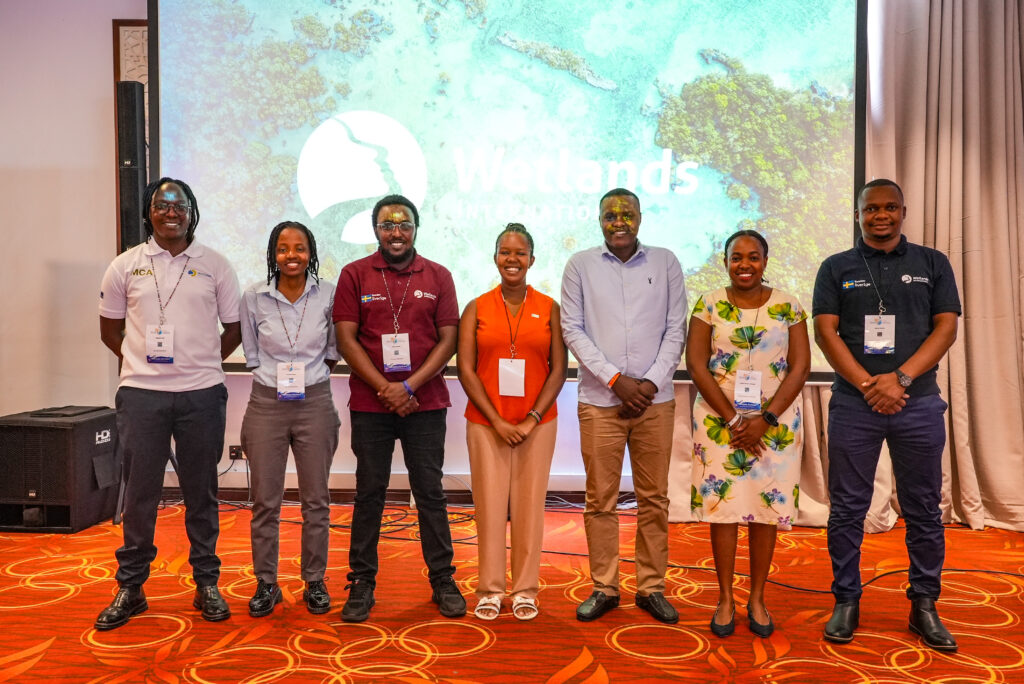
4. Poster Sessions and Knowledge Sharing
The poster sessions provided a rich showcase of emerging research, field innovations, and cross-disciplinary approaches in marine and coastal conservation. Early-career scientists and practitioners shared new insights on mangrove ecology, marine pollution, fisheries governance, and coastal resilience — reflecting the region’s growing commitment to evidence-based conservation.
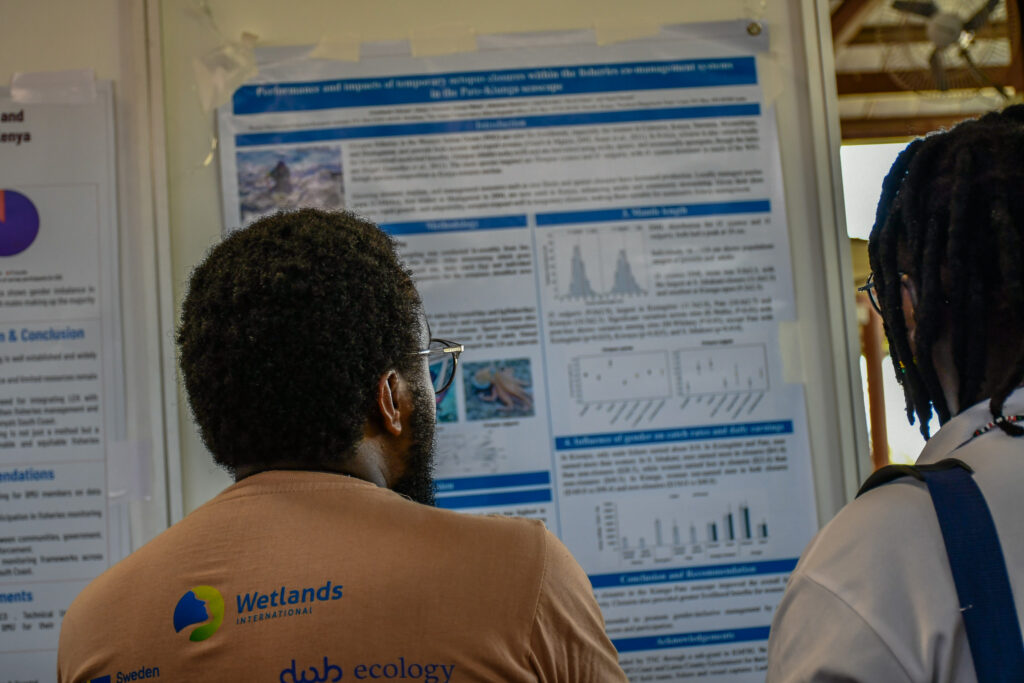
5. Knowledge Sharing and New Resources
The Symposium also featured several book and report launches, including new WIOMSA publications that document marine research and conservation innovations across the Western Indian Ocean. These resources are expected to guide future policy and practice, ensuring research translates into meaningful coastal action.
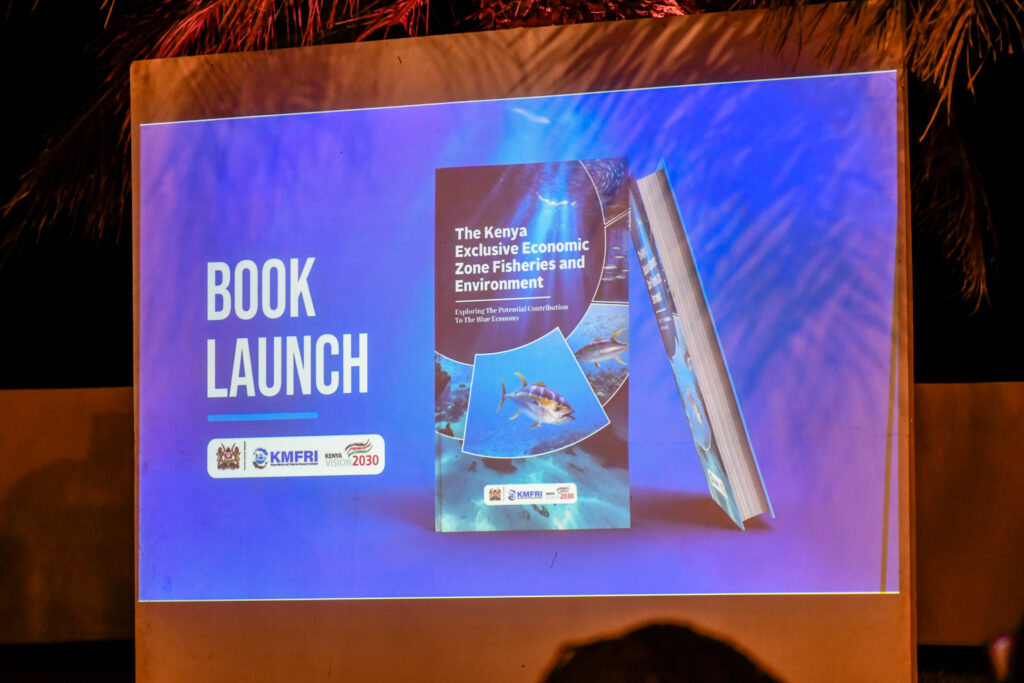
Looking Ahead
As the 13th WIOMSA Symposium came to a close, one message stood out: collaboration remains the foundation for ocean sustainability. From wetland conservation to blue economy development, partnerships built on science and community voices are shaping the path toward resilient coastal ecosystems.
Wetlands International Eastern Africa remains committed to advancing this mission, connecting people, policy, and science to safeguard wetlands and marine ecosystems for people and nature.
